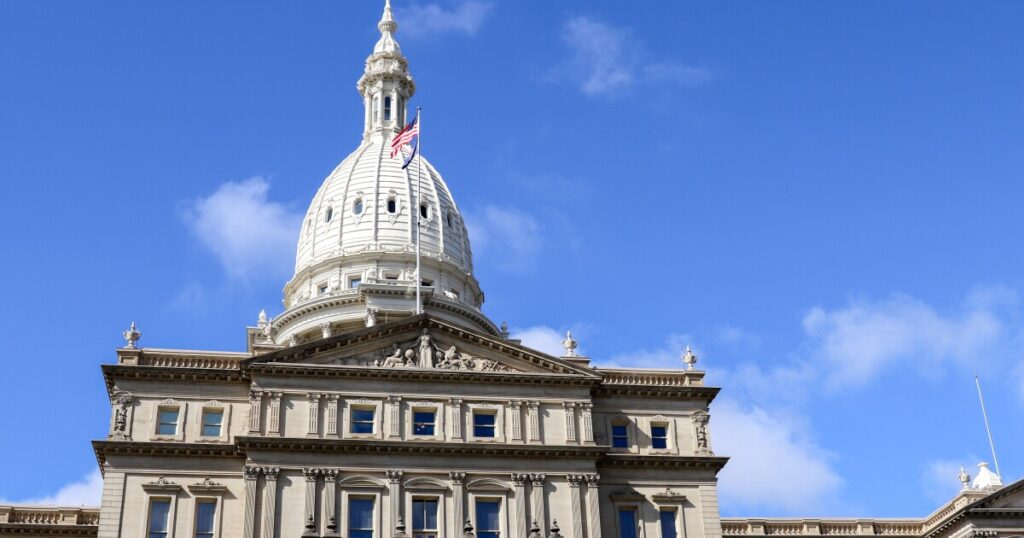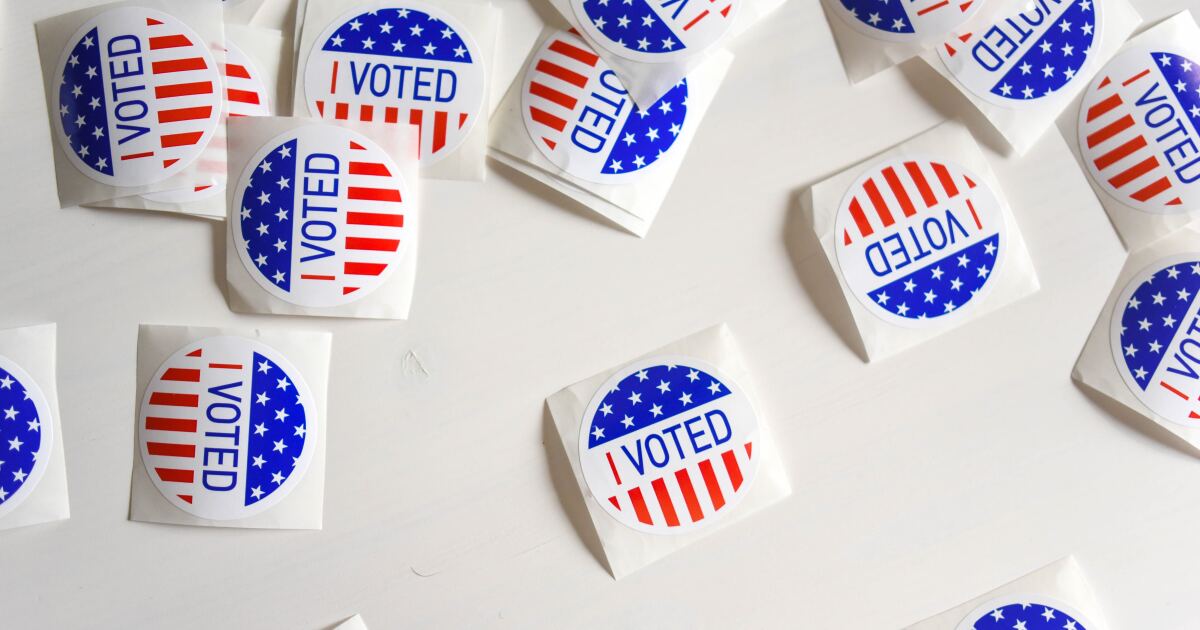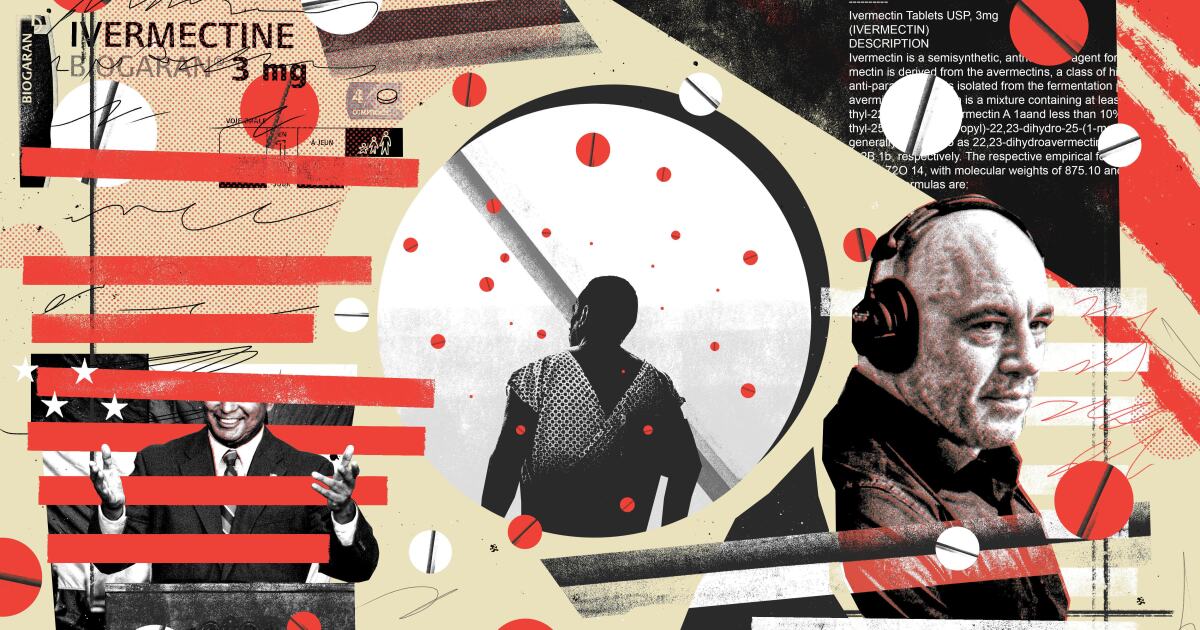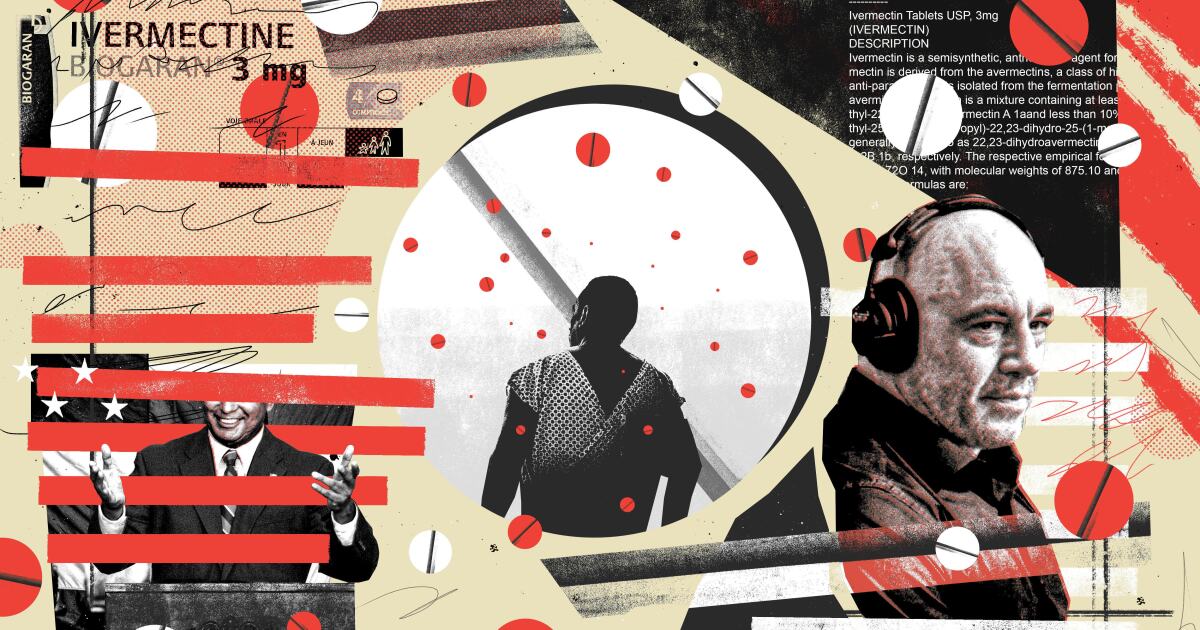Michigan Moves Forward with Legislation Against AI-Generated Explicit Content
In a significant step to address the growing issue of AI-generated explicit content, a Michigan state Senate committee has advanced bills aimed at banning such materials. This legislation targets images, videos, audio, and similar content produced without the consent of the individuals involved. Learn more about the proposed legislation here.
The initiative is co-sponsored by Representative Matthew Bierlein (R-Vassar), who emphasizes the increasing problem of deep fakes, particularly in educational settings. He states, “It’s hard enough, especially our youth, to live in a world where everything is recorded digitally. Every action, every mistake, everything they do, there’s a digital record of. And to have people compound that with things that just aren’t true, we need to do something about it.”
The proposed laws classify the creation of such explicit deep fakes as either a misdemeanor or felony, depending on the severity of the impact on victims. Although extortion using these materials is already illegal, current state and federal laws do not adequately address the creation of such content.
Bierlein further explains the necessity of state-level action, “Even though this is a broad-reaching topic and it certainly crosses state lines, there just hasn’t been a lot of federal action on it. And so, we thought it was better for us to not wait around.”
Federal efforts have sometimes appeared contrary to state initiatives. For instance, earlier drafts of the One Big Beautiful Bill Act, associated with the Trump administration, sought to prevent states from regulating AI.
The Michigan bills, however, have garnered bipartisan support. Representative Penelope Tsernoglou (D-East Lansing), working alongside Bierlein, asserts, “No one can disagree that we shouldn’t be using AI-generated explicit images of other people around us, that that’s just wrong.”
While similar legislation was introduced in the past without success, the current bills are now poised for a potential vote in the full state Senate.
—
Read More Michigan News










